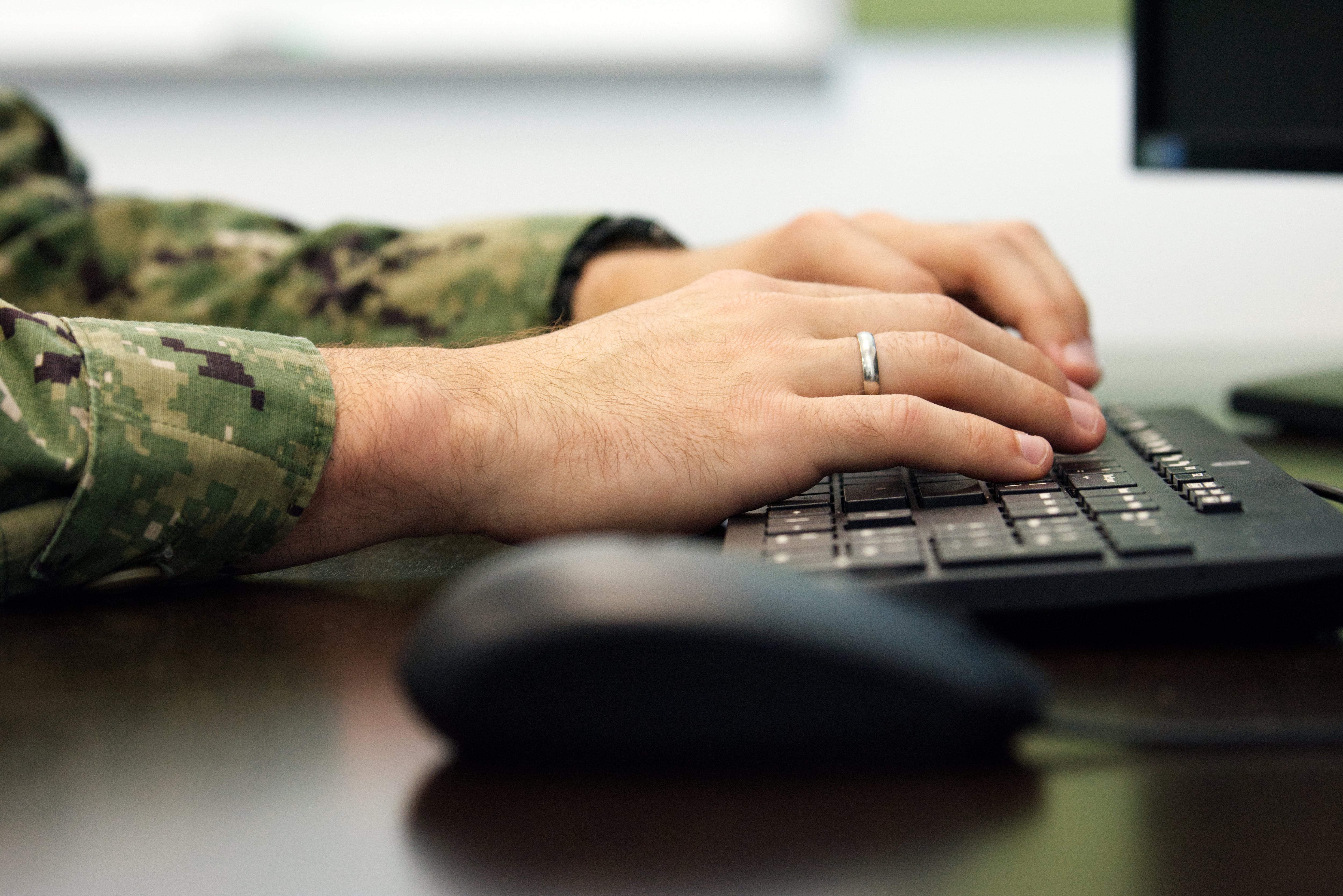AUGUSTA, Ga. — Commanders and their troops need to be better educated about the application and limits of cyber in major military operations, U.S. Army officials said.
Attention paid to cyber as a formal discipline and general interest area has ballooned in recent years, in part because of its everyday consequences. Ransomware attacks have paralyzed critical infrastructure like hospitals and the Colonial Pipeline, misinformation has interfered with the stateside political process and the bloody Russia-Ukraine war has highlighted the threat of virtual destruction.
“Warfare is still — and we need only to take a look at Ukraine — a very violent endeavor. Cyber alone will not win a war,” Lt. Gen. Maria Barrett, the leader of Army Cyber Command, said Aug. 17 at the AFCEA TechNet Augusta conference in Georgia. However, “failure to defend the networks that our warfighters use absolutely will cause us to lose.”
Both Barrett and Maj. Gen. Paul Stanton, the commander of the Army cyber center of excellence, said early and continued learning is critical to cyber familiarity and proper employment down the line. Cyber specialists in the U.S. military guard valuable information, hunt and eradicate malware, expose hacker tools, disrupt foreign networks and more.
Barrett advocated for lessons on what’s “in the realm of possible” and for national training centers to increasingly incorporate topics such as offensive cyber, so-called information advantage and electronic warfare. She is set to speak to an Army commander course this week.
RELATED

“The cyber terrain is changing beneath our feet,” she said. “There’s actually a lot of work being done right now, at all echelons, to get people comfortable with some of these topics and start training to them.”
Separately, a data and digital literacy curriculum is in development and will become part of the professional military education of every soldier, according to Stanton. The cyber center at Fort Gordon is tasked with training and developing highly skilled cyber, signal and electronic warfare troops.
“I’ll tell you, we are at a transformational point with our Army right now. The secretary has said we need to be data-centric,” Stanton told reporters during a discussion Thursday. “Our Army senior leaders, at the four-star level, are engaged to help drive the level of understanding of what that means.”
Stanton at a previous TechNet event said military schoolhouses need to figure out how to more effectively provide students the necessary learning opportunities and certifications.
Colin Demarest was a reporter at C4ISRNET, where he covered military networks, cyber and IT. Colin had previously covered the Department of Energy and its National Nuclear Security Administration — namely Cold War cleanup and nuclear weapons development — for a daily newspaper in South Carolina. Colin is also an award-winning photographer.





